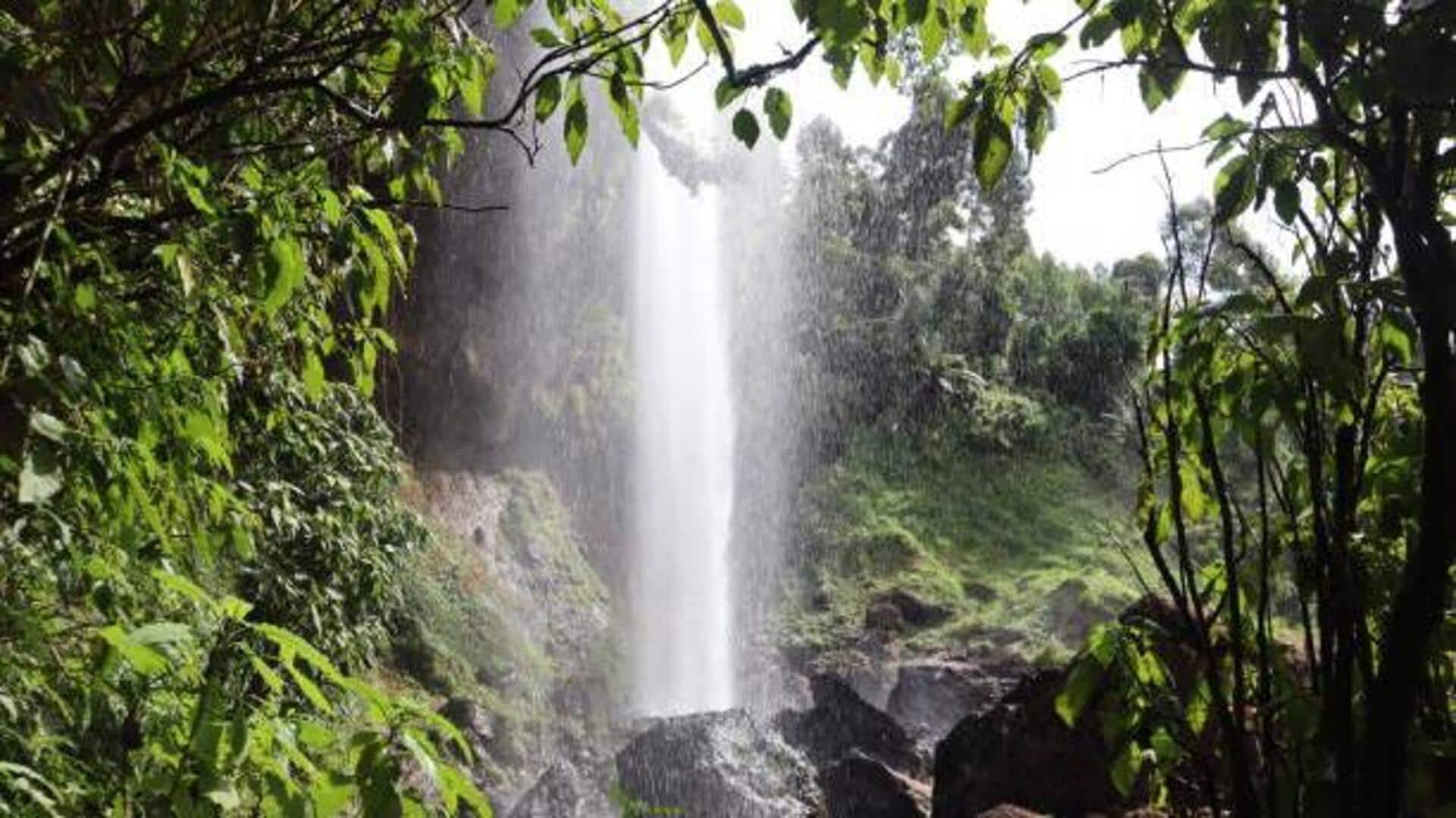
Rock climbing at Uganda's Sipi Falls: What to know
What's the story
Sipi Falls in Uganda is a perfect place for adventure lovers. The place is famous for its stunning waterfalls and picturesque landscapes, making it a perfect spot for rock climbing. The activity is not just physically demanding but also gives climbers a chance to enjoy the beauty of nature. With its unique terrain and beautiful views, Sipi Falls makes for an unforgettable experience for climbers of all levels.
Waterfall trails
Exploring the waterfalls
Sipi Falls has three main waterfalls, each with its own challenges and beauty. The first waterfall is the most accessible one, making it perfect for beginners. The second one is a little more difficult, ideal for climbers looking for a challenge. The third waterfall is the most difficult, reserved for experienced climbers. Each trail offers breathtaking views and unique climbing experiences.
Climbing essentials
Gear and preparation tips
Proper gear is essential for a safe and enjoyable rock climbing experience at Sipi Falls. Climbers should wear sturdy shoes with good grip, carry harnesses, helmets, ropes, and chalk bags to ensure safety while scaling the rocks. It's also advisable to check weather conditions before heading out as rain can make the rocks slippery.
Guided experiences
Local guides and tours
Hiring a local guide can enhance your rock climbing experience at Sipi Falls. Guides are well-versed with the terrain and can offer valuable insights into the best routes according to your skill level. They also ensure safety measures are followed during the climb. Many local tours include transportation from nearby towns, making it easier for visitors to access this remote location.
Community engagement
Cultural interactions in Sipi region
Interacting with local communities adds another layer of richness to your visit at Sipi Falls. The region is home to several indigenous groups whose cultures are deeply intertwined with the land's history. Engaging in cultural exchanges or participating in community-led activities can provide deeper insights into traditional Ugandan lifestyles, while supporting local economies through tourism initiatives.